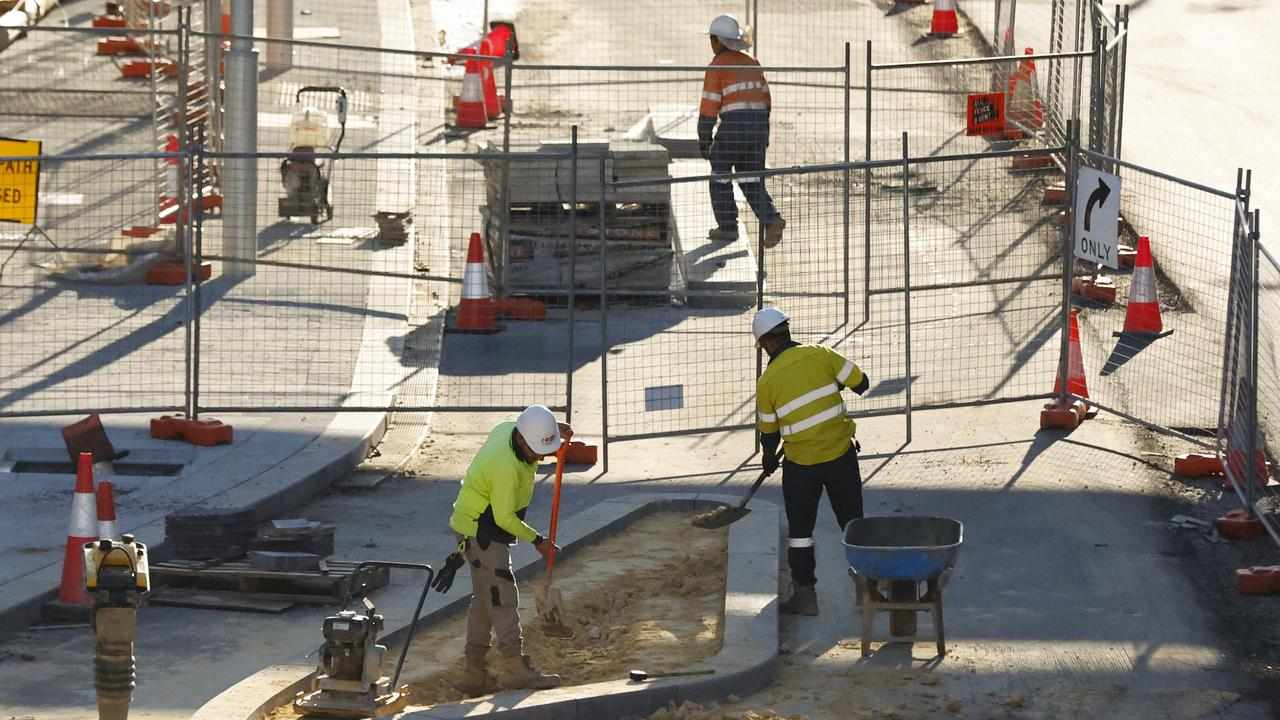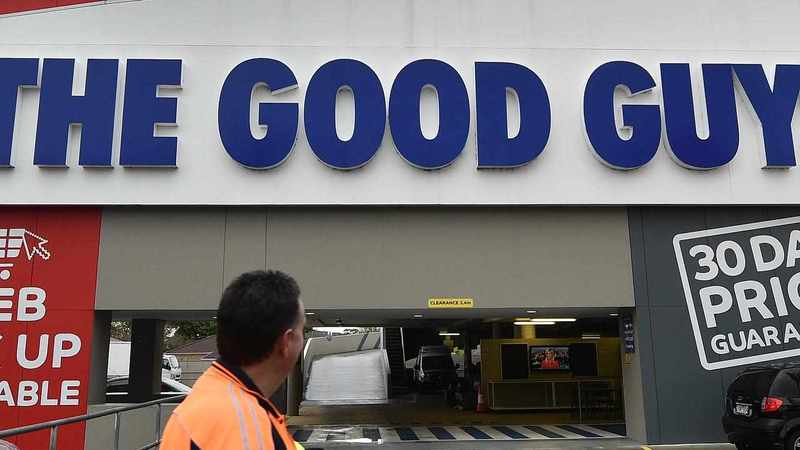Consumers remain upbeat about their jobs prospects even as the weakening economy is prompting households to tighten belts.
The latest round of consumer surveys from Westpac and Melbourne Institute recorded a deeper dive into pessimism in April though confidence in the labour market improved.
Questioned on their expectations for the rate of unemployment in the year ahead, consumers were reportedly more optimistic than a month earlier.
The unemployment expectations index reached 124.6, below the long-run average of 129 and marking the best result since May last year.
A lower read suggests consumers think unemployment will fall in the year ahead.
National Australia Bank head of market economics Tapas Strickland said recent stabilisation in unemployment expectations aligned with a stronger set of labour force data in February.
The unemployment rate sunk back to 3.7 per cent in February after ticking up to 4.1 per cent in January.

Mr Strickland said the stability in household unemployment expectations reinforced his views the jobless rate had been influenced by shifting seasonal patterns over summer and the labour market was proving resilient.
Yet the confidence survey indicated other areas of discomfort for consumers, reflecting an economy growing below trend, higher borrowing costs and still-elevated prices.
Consumers were particularly pessimistic when questioned on major spending plans.
Westpac senior economist Matthew Hassan said the sharp drop in already weak buyer sentiment was the most unsettling detail in the April survey.
He said the component typically reflected the full impact of cost-of-living pressures on purchasing power, with the latest deterioration potentially a sign of reviving price pressures.
The index recorded a fall in the indicator tracking expectations of the long-term economic conditions and a decline in attitudes towards the economy over the next 12 months.
Working in the other direction was a slight improvement in the outlook on current and future family finances.
Overall, the index was deeply pessimistic at 82.4 index points, well below the neutral level of 100.
Consumer confidence remains stuck deep in the doldrums and business confidence and conditions are also trending below average.
NAB's recorded a one point improvement in business confidence to one index point, another below-average result.
Business conditions fell one point to nine index points, with profitability recording a four point decline while trading conditions and employment held steady.
AMP deputy chief economist Diana Mousina said business confidence usually followed the consumer so poorer consumer confidence would keep dragging on business sentiment and conditions.
"All up, today’s confidence data indicates that interest rate hikes are working to slow down growth, particularly in interest rate sensitive areas like consumer spending, retail and construction," she said.









